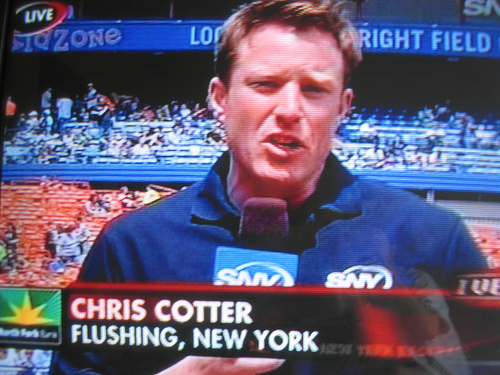FCC Closes Programming Exclusivity Loophole

WASHINGTON: The FCC this week gave satellite and telcoTV operators a crack at programming that until now has been the exclusive domain of cable. The commission voted 4-1 to close what’s known as the “terrestrial loophole,” allowing cable operators to develop regional programming they don’t have to share with competing TV carriers. Comcast and Cablevision in particular have used the loophole to develop popular regional sports networks. Thus, the programming rule was often referred to as the “sports loophole.”
Established law provides that cable operators must provide access to wholly or partially owned channels at a reasonable fee, but only for those delivered via satellite. Regional networks are distributed to areal cable systems terrestrially. Competitors complained that the loophole put them at a significant disadvantage. The FCC’s new rule addresses pending complaints and provides a process for assuring access going forward.
“These new rules allow DBS providers, telcos and other competitors to obtain more of the ‘must-have’ programming they need to offer viable alternative video packages to consumers and an opportunity to file complaints if the programming is withheld,” the FCC said. “The order promotes competition, fosters innovation and empowers consumers, all while creating a fair process for the commission to handle pending and new claims in a speedy and just manner.”
The resolution of pending complaints means that Dish Network, DirecTV, Verizon and AT&T will gain access to regional sports networks in Philadelphia and San Diego, Calif.
Republican Commissioner Robert McDowell cast the lone dissenting vote, saying that the ruling was beyond the FCC’s statutory reach. He said a legal challenge was likely. A widely published statement from Cablevision inferred as much.
“While we find the legal basis for the decision unfounded, we are pleased that the FCC recognized the value of Cablevision’s local programming strategy and investments. Verizon and AT&T will not receive an FCC bailout that will allow them to capture News 12, MSG Varsity and other programming that we have developed for our customers. We are also pleased that despite the phone companies’ overwhelming lobbying effort, the FCC has ensured a complaint process. If the phone companies complain that they are unable to compete, we are confident that we can prove that it is for a variety of reasons, none of which have to do with HD sports programming. Verizon and AT&T do not need a regulatory bailout in order to compete.”
(Image by DDanzig)
Get the TV Tech Newsletter
The professional video industry's #1 source for news, trends and product and tech information. Sign up below.
